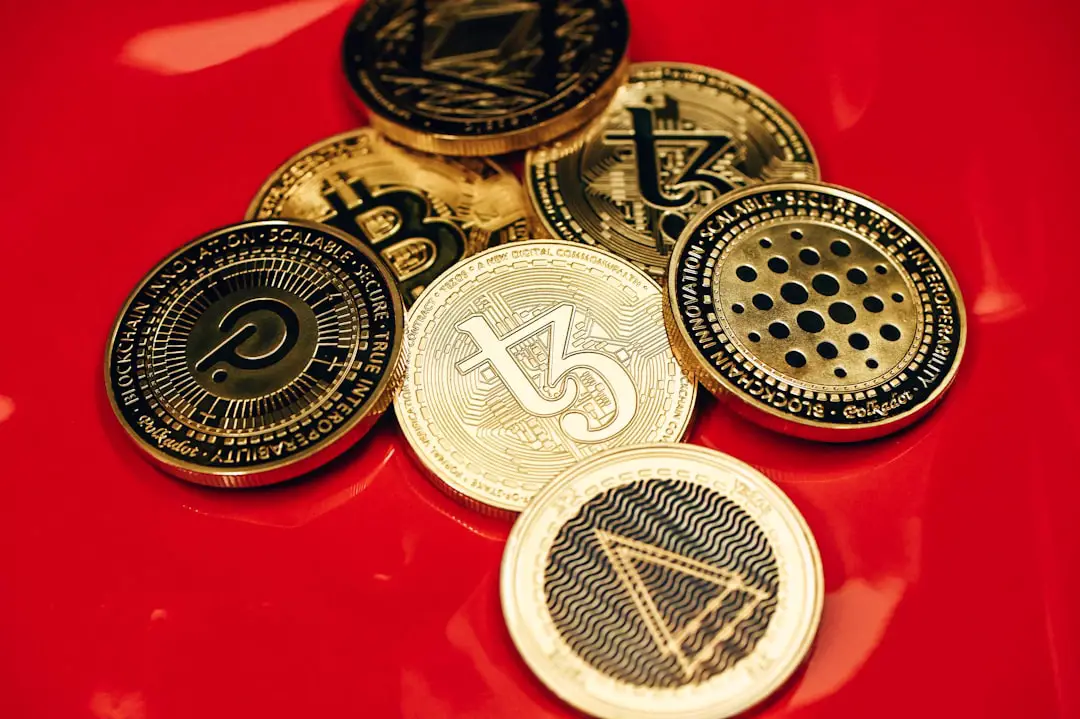So, you want to start a crypto business in Indonesia? Good choice! The market is growing fast, and people are becoming more open to crypto. But before you dive in, you’ll need something important — a license.
Yes, working with crypto in Indonesia means following the rules. There are several licenses out there, and picking the right one depends on your business model.
It might sound complicated, but don’t worry. We’re going to break it down in a fun and simple way. Let’s explore the types of crypto licenses in Indonesia and help you find the one that fits your business best!
Why You Need a License
Indonesia wants to protect its investors. That’s why the government regulates crypto companies. They want to make sure everything is safe and legal.
If you don’t have a license, you can’t legally operate. That means no trading, no exchanges, and no crypto wallet services.
Now, let’s take a look at the main licenses available.
The Three Main Types of Crypto Licenses
Indonesia has three main crypto licenses regulated by Bappebti — the decision-making body under the Ministry of Trade. These are:
- Crypto Exchange License (Pedagang Aset Kripto)
- Crypto Clearing House License (Kliring Berjangka)
- Crypto Custodian License (Penyimpanan Aset Kripto)
Each one serves a different purpose. Let’s take a closer look at what they mean.
1. Crypto Exchange License
This license is for businesses that want to run a crypto trading platform. Think of it like Binance or Tokocrypto (which is local to Indonesia!).
With this license, customers can buy and sell crypto through your platform. You’ll be facilitating trades between users.
Ideal for:
- Crypto trading platforms
- Startups launching a local exchange
- Businesses expanding into crypto trading
Includes:
- Client onboarding
- KYC and AML procedures
- Trading engine

Requirements:
- Registered in Indonesia
- Minimum capital requirement
- Systems must meet security standards
- Compliance officers must be appointed
Sounds like a lot of work? True. But it also means big growth potential!
2. Crypto Clearing House License
This license is for companies that want to offer crypto settlement services. They act like the middleman that clears and confirms trades between two parties.
It’s essential for market stability. Trades don’t go through until this party gives the green light.
Ideal for:
- Large companies with financial infrastructure
- Organizations wanting to support exchanges
- Partners of regulated platforms
Includes:
- Validation of transactions
- Risk clearing mechanisms
- Transparency and reporting standards

Requirements:
- High capital injection
- Experienced financial staff
- Robust software infrastructure
This license is pretty heavy-duty. But it also shows that your company has strong operational power in the crypto ecosystem.
3. Crypto Custodian License
Think of this license as a digital wallet with a bodyguard. Companies with a custodian license store assets securely on behalf of customers.
Security is their number one priority. They protect wallets, private keys, and customer data.
Ideal for:
- Wallet providers
- Crypto security firms
- Apps that safeguard user funds
Includes:
- Managing private keys
- Cold and hot wallet storage systems
- Compliance and cybersecurity
Requirements:
- Insurance for stored funds
- Licensing of digital vault technologies
- Top-tier data protection strategies
This license is vital for building trust. Without safe storage, no one will want to use your service.
Other Important Licenses and Considerations
While the three main licenses are the stars of the show, there are some supporting roles too. Depending on your business, you might also need:
- Payment gateway registration
- Digital certificate authority accreditations
- Data protection compliance (under Kominfo)
Crypto isn’t just about trading anymore. Some services combine social features, mobile wallets, NFTs, and more. So make sure you’re covered from all legal sides!
Which License Is Right for You?
Still not sure which license to get? No worries. Let’s play a quick game!
Scenario A: You want to build a crypto exchange where people can buy and sell Bitcoin and Ethereum.
Get a Crypto Exchange License!
Scenario B: You want to offer services to clear and confirm massive amounts of trade transactions.
You’ll need a Clearing House License.
Scenario C: You’re creating an ultra-secure crypto wallet with biometric login and encrypted storage.
Go for the Custodian License.

It’s all about knowing what your business does — and picking the license that matches best.
Tips Before You Apply
- Do your research. Regulations can change. Visit official websites like Bappebti regularly for updates.
- Work with legal experts. Crypto laws are complex! A good lawyer can save you time and money.
- Have a business plan. You’ll need to show how your platform works, and how it stays safe.
- Set aside funds. Some licenses need serious capital.
Getting licensed is not just a checkbox. It’s a sign to your users that you’re serious and trustworthy.
What Happens if You Operate Without a License?
Here’s the not-so-fun part. If you run a crypto business without a license in Indonesia, you’re breaking the law.
You might face:
- Fines
- Business shut down
- Loss of user trust
- Legal action
It’s just not worth the risk. It’s better to play by the rules and shine in the long run!
Conclusion
Indonesia is taking crypto seriously — and so should you. Whether you’re starting a trading app, building a wallet, or helping others clear transactions, there’s a license tailored just for your need.
Recap time!
- Exchange License = Run a crypto trading platform
- Clearing House License = Handle settlement and trade matching
- Custodian License = Securely store user assets
Pick the one that matches your plan. Get professional help. And build your crypto dream — the legal way!
Indonesia’s crypto world is just getting started. With the right license in hand, your business could be the next big thing.

